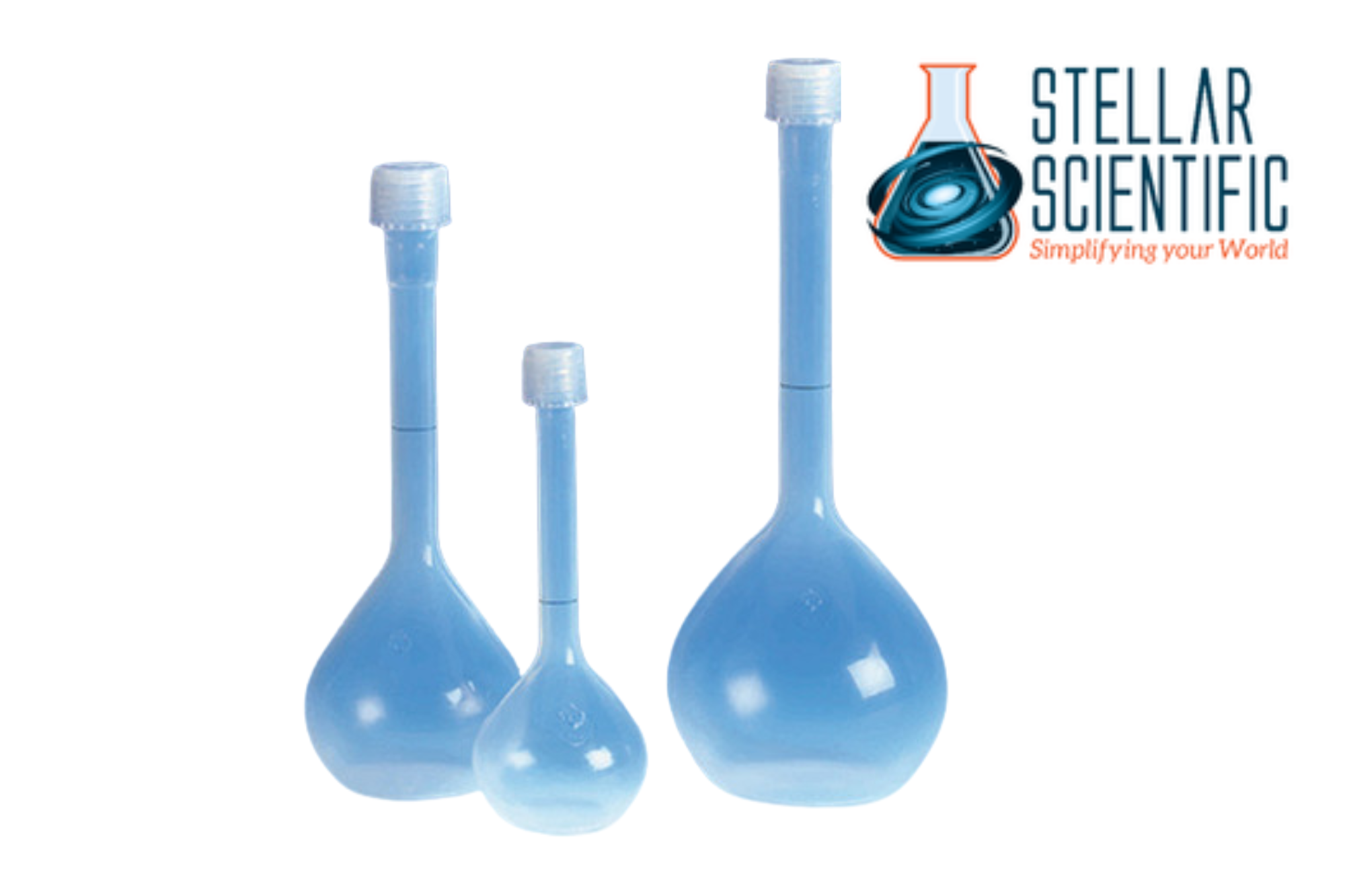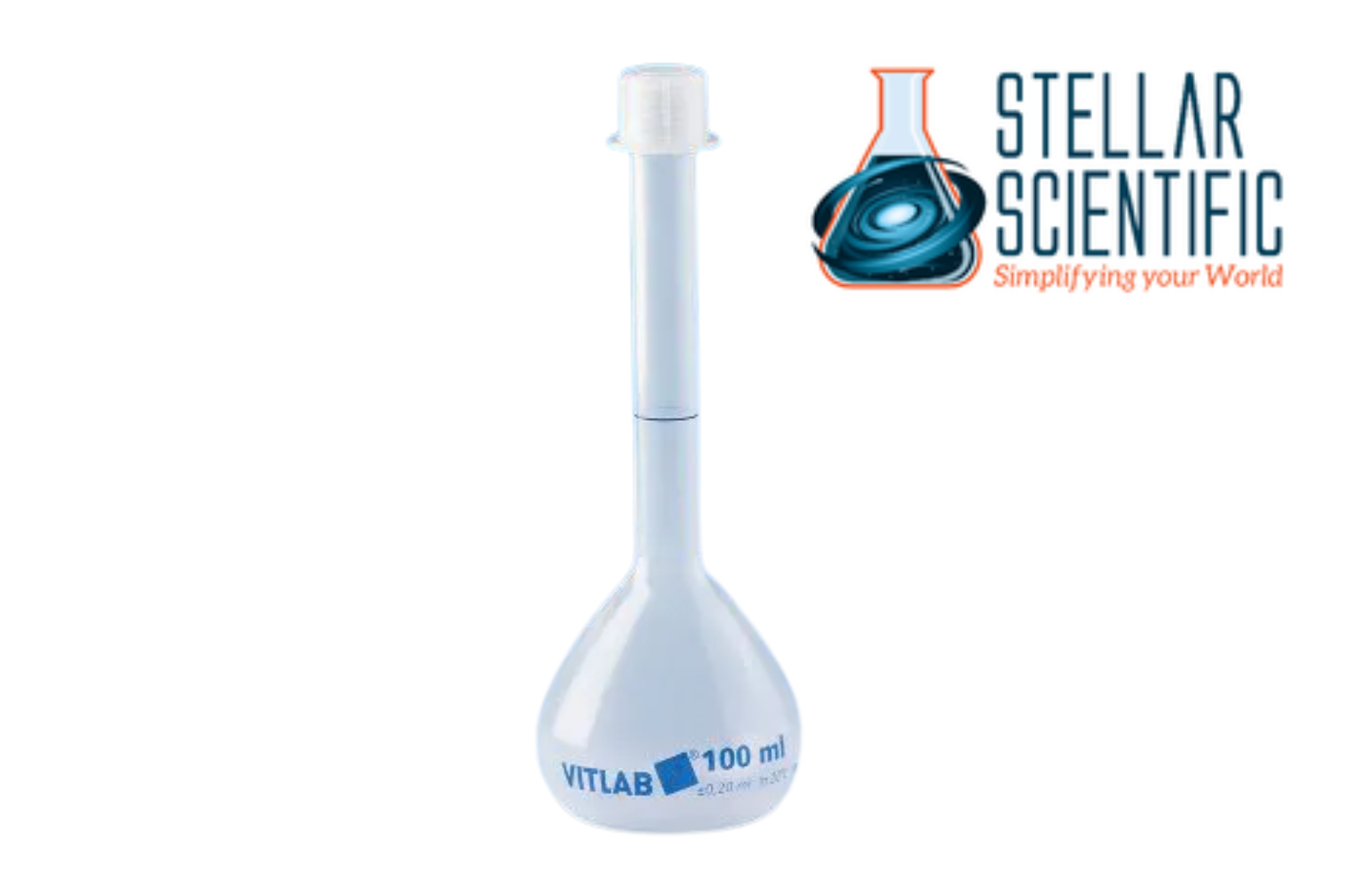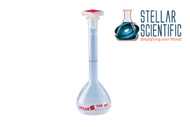Trusted Plastic Tools for Safer Lab Work
9th Jul 2025
In laboratories where accuracy, cleanliness, and efficiency are essential, plastic tools have become indispensable. From transfer pipettes to centrifuge tubes, plastic labware is designed to enhance safety, reduce contamination risks, and streamline workflows. Their disposable or reusable nature, chemical resistance, and cost-efficiency make plastic tools an ideal choice across a wide range of scientific disciplines.
Today’s laboratories depend on high-quality lab plasticware not only to protect sensitive samples but also to ensure the safety of personnel. Whether used in research, diagnostics, pharmaceuticals, or education, trusted plastic lab tools provide the durability and reliability scientists need to perform consistent, reproducible work.

Advantages of Using Plastic Labware
Plastic lab tools have evolved significantly over the years. Initially seen as an alternative to glass, they are now the preferred choice in many settings. Here are some of the key benefits:
1. Enhanced Safety
Unlike glassware, plastic tools are shatter-resistant. In environments where time-sensitive procedures take place, the risk of breakage can lead to injury or sample loss. Using plastic containers, tubes, and pipettes minimizes the chance of accidents, especially when dealing with corrosive substances or high-pressure applications.
2. Chemical and Temperature Resistance
Advanced polymers like polypropylene (PP), polyethylene (PE), and polycarbonate (PC) offer excellent resistance to a broad range of chemicals and temperature variations. This ensures that plastic tools maintain integrity during autoclaving, freezing, or exposure to solvents and acids, making them suitable for both routine and specialized applications.
3. Disposable Options Reduce Cross-Contamination
Single-use plastic ware reduces the risk of cross-contamination, particularly vital in molecular biology, clinical testing, and microbiological research. Using pre-sterilized pipette tips, Petri dishes, and microcentrifuge tubes allows labs to maintain sterile environments without the need for additional cleaning protocols.
4. Lightweight and Easy to Handle
Plastic tools are lighter than their glass counterparts, which improves ease of handling, especially during repetitive tasks. This can increase productivity and reduce strain on lab technicians performing high-throughput testing or multi-step assays.
5. Cost-Effective
Plastic labware often comes at a lower cost than glass, particularly when accounting for breakage and cleaning requirements. Even high-grade, reusable plastic tools offer long-term savings thanks to their durability and compatibility with automated workflows.
Common Types of Plastic Lab Tools
Laboratories use a wide variety of plastic tools, each designed for specific functions. Here are some of the most commonly used items:
Pipette Tips and Transfer Pipettes
These tools are essential for accurate liquid handling. Available in filtered or non-filtered versions, pipette tips help prevent sample carryover and protect pipettes from aerosol contamination. Disposable transfer pipettes provide a simple, contamination-free way to move small volumes of liquid.
Microcentrifuge and Centrifuge Tubes
These conical tubes, typically made of polypropylene, are built to withstand high speeds and varying temperatures. Leak-proof caps and clear volume markings support precise sample handling during centrifugation, storage, or reaction setups.
Petri Dishes and Culture Plates
Widely used in microbiology and cell culture, these plastic containers offer transparency for observation and sterile surfaces for uncontaminated growth. Multiwell formats enable parallel testing or culturing across multiple samples in a single plate.
Beakers, Measuring Cylinders, and Flasks
Plastic alternatives to traditional glass measuring tools offer safety and durability without sacrificing measurement accuracy. They’re ideal for mixing, storing, or heating solutions under controlled lab conditions.
Sample Vials and Cryogenic Tubes
For sample preservation, plastic vials and cryogenic tubes provide a secure environment under both ambient and extreme cold temperatures. Leak-proof caps and barcode labeling options make them suitable for long-term storage and inventory management.
Selecting the Right Plastic Tools for Your Lab
Not all plastic tools are created equal. To ensure you’re using reliable, high-quality labware, consider the following:
1. Material Compatibility
Choose materials based on the solvents, reagents, or biological samples being handled. For instance, polypropylene is ideal for DNA/RNA work due to its low binding properties, while polystyrene is best for optical clarity in cell culture or imaging.
2. Sterility Requirements
Some lab applications demand certified sterile products to prevent contamination. Look for plastic lab equipment that is RNase, DNase, and pyrogen-free if you’re working with nucleic acids or sensitive cultures.
3. Volume and Graduations
Accurate volume markings are critical for precision. Ensure your plastic tools have clearly visible, molded, or printed graduations. Choosing the right size also minimizes waste and ensures optimal handling.
4. Durability and Reusability
For reusable plastic tools, consider those designed for repeated autoclaving or chemical cleaning. Durability helps maintain accuracy and protects your workflow from unexpected failures.
5. Manufacturer and Supplier Reputation
Source your labware from trusted providers who follow stringent quality control and compliance standards. This ensures the products you use are tested, reliable, and meet necessary regulatory requirements.

The Role of Plastic Labware in Contamination Control
Contamination control is a top priority in research and clinical settings. Plastic tools help mitigate this risk by offering single-use options, pre-sterilized packaging, and tight-sealing lids or caps. With the rise of PCR testing and other high-sensitivity procedures, even trace contamination can affect outcomes. Proper selection and usage of plastic tools reduce this risk and uphold experimental integrity.
Additionally, color-coded caps or labeling on plastic containers can further aid in sample tracking and reduce handling errors in busy lab environments.
Environmental Considerations
While plastic tools are essential for safety and contamination control, sustainability is an emerging concern in laboratory management. Labs are increasingly seeking eco-conscious options, such as recyclable plastics or products made from biodegradable polymers. Responsible disposal practices, recycling programs, and minimizing unnecessary single-use products can help reduce the environmental footprint without compromising safety or performance.
Supporting Safer, Smarter Laboratory Workflows
The use of laboratory plasticware continues to evolve with advances in materials science and user-centered design. From ergonomic pipettes to smart storage tubes with tracking features, these tools contribute to safer, smarter, and more efficient workflows. Whether you’re preparing sensitive samples, performing diagnostic testing, or training the next generation of scientists, investing in trusted plastic tools ensures your lab meets the highest standards of safety and accuracy.
About Stellar Scientific
At Stellar Scientific, we provide laboratory professionals with trusted tools and equipment that support safe, effective, and reproducible results. Our selection of plastic labware includes pipette tips, centrifuge tubes, culture dishes, storage vials, and more, carefully sourced for quality, reliability, and value.
We are committed to supporting your lab with fast shipping, responsive customer service, and a curated catalog tailored to the needs of scientific research, diagnostics, and education. Every product we carry is chosen with your workflow and compliance requirements in mind.

